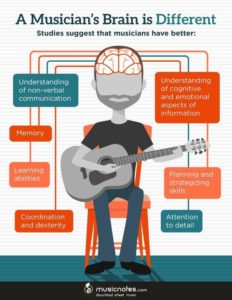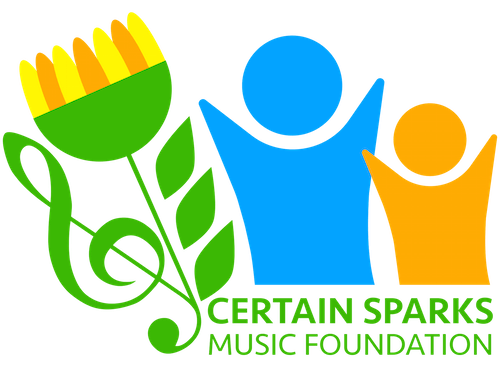Positive Impact of Music on Youth
Music has been around for a very long time, and throughout history, people have modified the way it sounds, the frequency with which we listen to it, and the function it performs. Throughout human history, music has been put to use in a growing number of novel and scientifically significant ways (O’Neill, 2006). Music’s presence in young children’s lives is associated with improvements in cognitive understanding and social skills.
In addition, youngsters participating in musical activities are more likely to acquire talents that will serve them well in their everyday lives and as adults. The incorporation of music into a child’s life may have a positive impact on a variety of developmental domains, including coordination, focus, relaxation, patience, and self-confidence. When a youngster is allowed to learn how to play a musical instrument, it is much easier for them to focus their attention and feel more confident in themselves (Tarrant et al., 2002).
The ability to express and investigate one’s sentiments and emotions may be fostered in young people via music. A common way for adolescents to address certain developmental topics that are significant to them, such as love, sex, loyalty, independence, friendship, and authority, is via the medium of music.
Work Cited
O’Neill, S. A. (2006). Positive youth musical engagement. Oxford University Press.
Tarrant, M., North, A. C., & Hargreaves, D. J. (2002). Youth identity and music. Musical identities, 13, 134-150.


